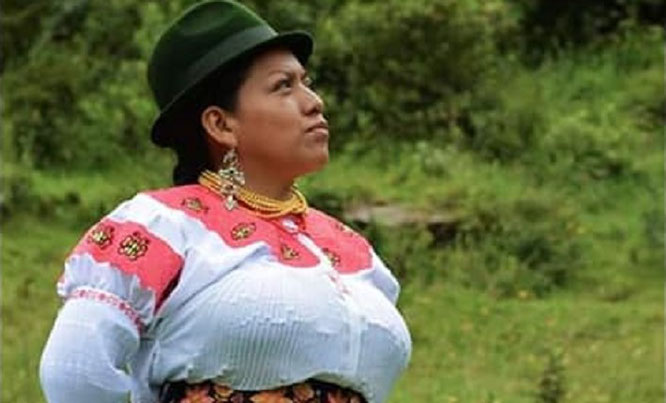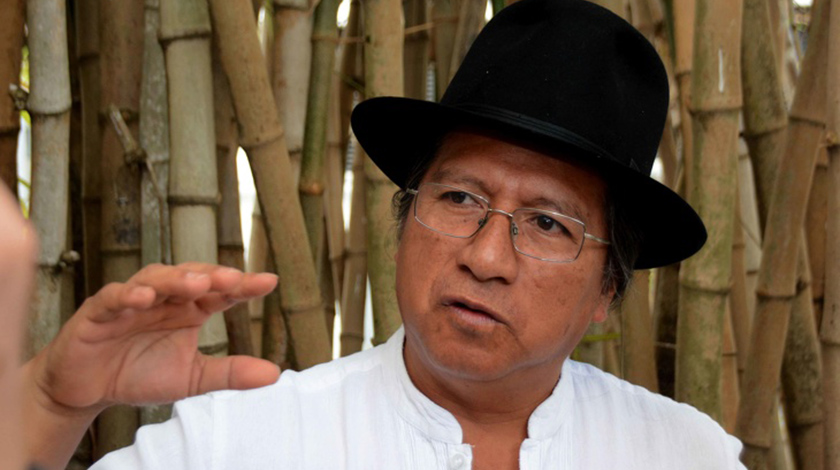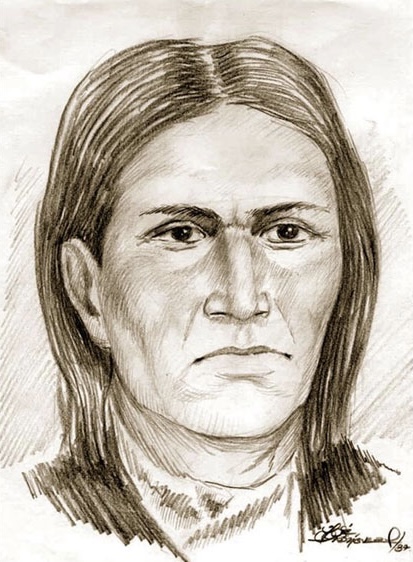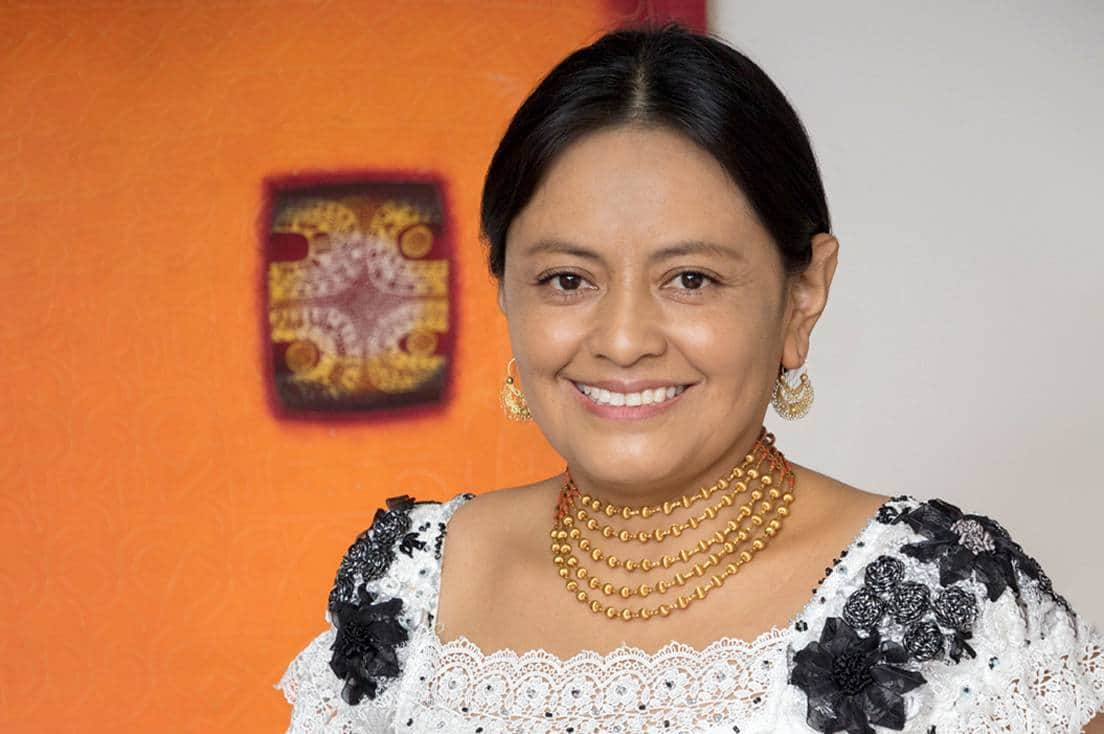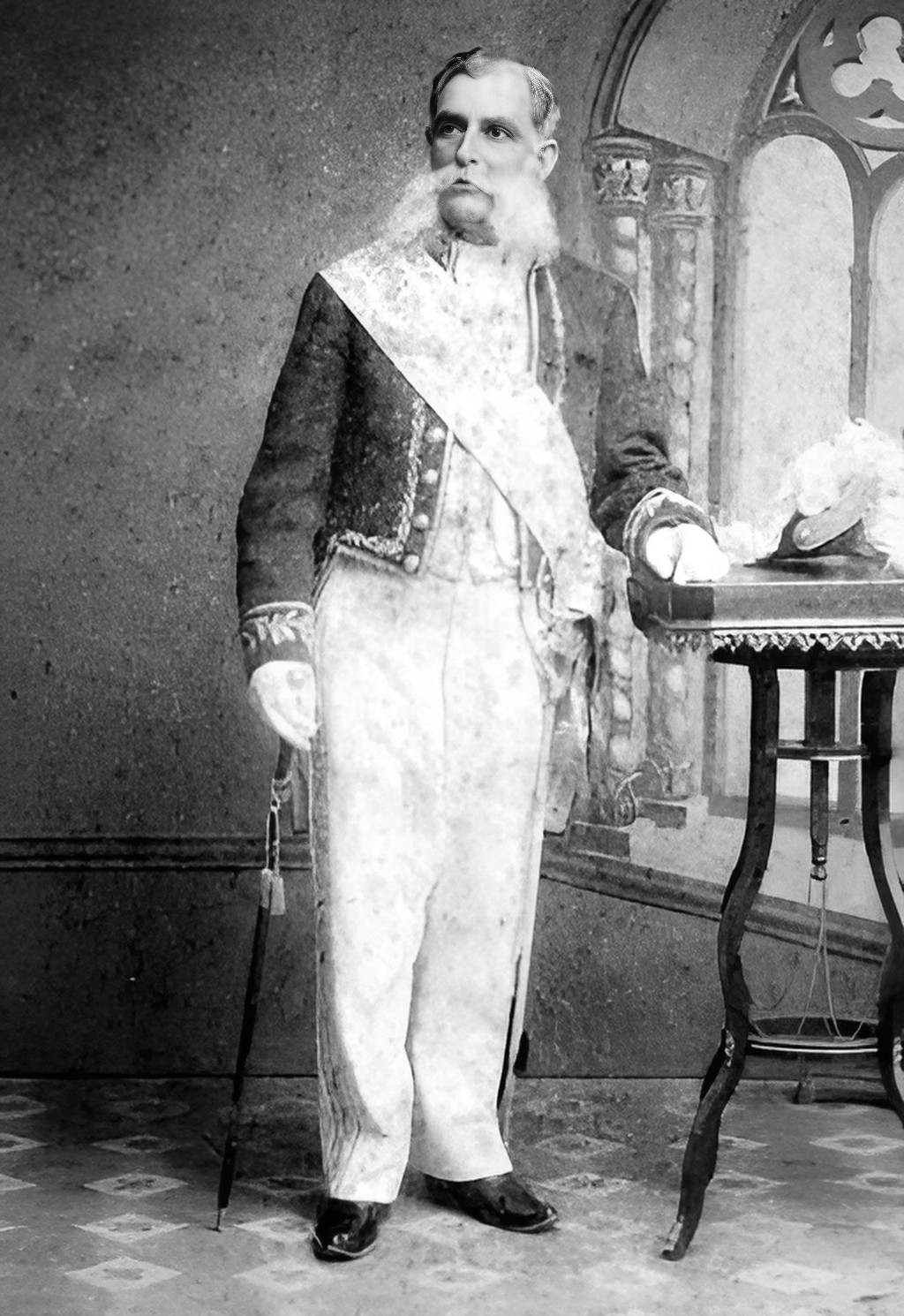Gladys Potosí Chuquín (Angochagua, Imbabura, February 17, 1981) is an Ecuadorian poet and activist who is a member of the Kichwa-Karanki indigenous community. Like the Otavalo, the Natabuela, and the Puruhá, the Karanki are a pre-Inca tribe who adopted the Kichwa language (Quechua) as a result of Incan influence. However, the Iberian invasion that followed the Inca one eventually imposed Spanish as the main language in the Andean area where she is from. She stopped writing in Spanish so that she could find her voice in Kichwa (Quechua), and her poetry serves as a witness to or reflection of the changes that have occurred among her people and herself. She has represented Ecuador at various literature festivals in and outside of Ecuador.
Continue reading “Gladys Potosí Chuquín”Category: Quechua language writers
Ariruma Kowii
Ariruma Kowii, born Jacinto Conejo Maldonado (Otavalo, Imbabura, Ecuador, August 4, 1961) is considered one of the most important poets writing in the Quechua language. His debut poetry collection Mutsuctsurini (1988) was one of the first books to be written and published exclusively in Quechua. He is also a columist for the Quito newspaper Hoy. In 2007 he was appointed Undersecretary of Education for the Indigenous Peoples of Ecuador in the Ministry of Education, responsible for Intercultural Dialogue. He teaches Literature and Cultural Studies at the Simón Bolívar Andean University. He is the brother of the mayor of Otavalo, Mario Conejo Maldonado.
Continue reading “Ariruma Kowii”Jacinto Collahuazo
Jacinto Collahuazo (Otavalo, 1665 – 17??) was a cacique (indigenous political leader) from Otavalo, Ecuador. He was a poet and historian who was imprisoned by the Spanish for having written a book in Quechua related to the war between Huáscar and Atahualpa titled, “History of the civil wars of Atahualpa and his brother Atoco, known commonly as Huascar Inca.” His work was burned publicly by the Magistrate of Ibarra and he was sentenced to jail, where he spent his last days. He is considered the first Ecuadorian indigenous chronicler. He lived past 80 but his exact date of death is unknown.
Continue reading “Jacinto Collahuazo”Yana Lema
Yana Lema, full name Yana Lucila Lema Otavalo (Peguche, Otavalo canton, Ecuador, 1974) is an Ecuadorian journalist, writer, poet, translator, cultural promoter, and college professor. She writes in Spanish and Quechua. For more than seven years, she worked as a presenter on the RTS Kichwapi newscast and later on Ecuador TV’s Willaykuna newscast. In 2016, she published her story “Chaska” in Quechua and Spanish, and in 2019, her collection of poems “Tamyawan Shamukupani.” Lema has participated in fairs and literary festivals in Quito, La Paz, Havana, Guadalajara, Guayaquil, Medellín, Bogotá, Mexico, and Genoa. In 2021, her poetry book “Tengo hambre de tu boca” won the Jorge Carrera Andrade Prize. She resides in Guayaquil and serves as a professor at the University of the Arts, where she teaches Oral and Latin American Literature.
Continue reading “Yana Lema”Luis Cordero Crespo
Luis Benjamín Cordero Crespo (Cañar, April 6, 1833 – Cuenca, January 30, 1912) served as the 14th president of Ecuador between July 1, 1892 to April 16, 1895. Cordero began publishing poetry in Spanish and Quechua after his political and legal career, and in 1892 published the first Quicha-Spanish dictionary. In 1904 he wrote the Hymn of Azuay (also referred to as the Hymn of Cuenca) which is still in use today.
Continue reading “Luis Cordero Crespo”
